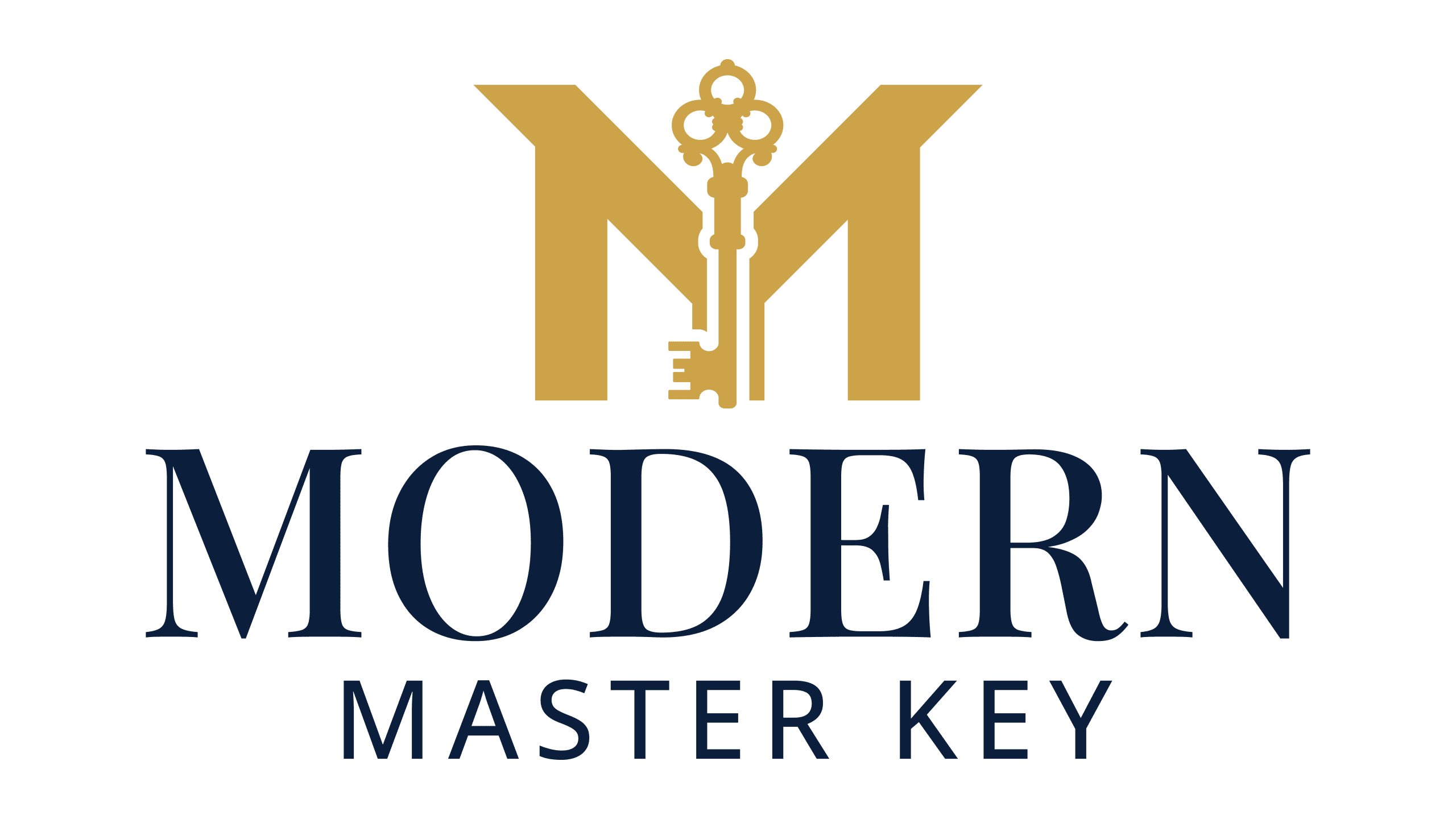Original (Haanel, 1912)
“That much gathers more is true on every plane of existence and that loss leads to greater loss is equally true. Mind is creative, and conditions, environment and all experiences in life are the result of our habitual or predominant mental attitude.”
Modern (Clarity Edition)
The inner world of thought is the cause; the outer world is its reflection. What you hold in mind most consistently becomes the pattern you see in your life. Repeated thought builds momentum.
Why this works: Cause precedes effect. Training the cause (thought) changes the effect (experience) over time.
Workbook
Practice (3–5 minutes)
Sit comfortably. Relax your body. Watch thoughts pass without chasing them. If attention wanders, gently return.
After you practice
- Note one thought that repeated today. Did it match your experience?
- Choose one steady attitude to hold tomorrow (e.g., calm resourcefulness).
Why this works: Stillness builds attention. Attention channels creative power toward the ideals you choose.
